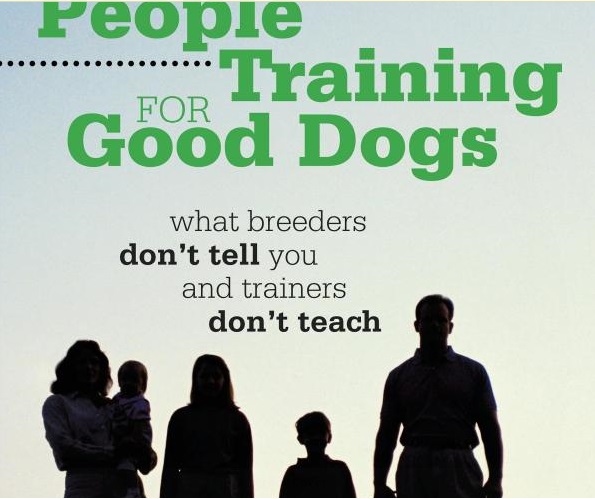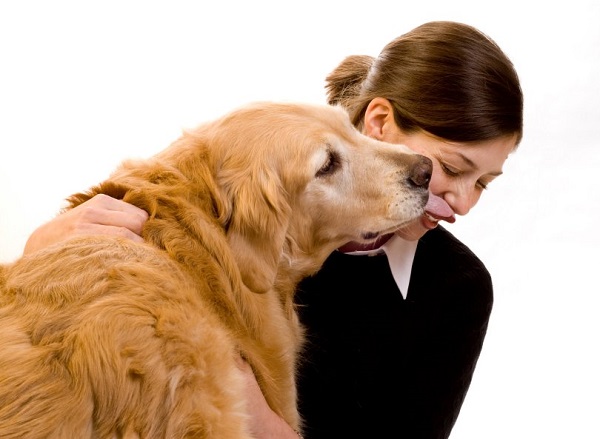Could You Lose Your Homeowner’s Insurance Because of Your Dog?
In many years, dog bites accounted for more than one-third of all homeowner’s insurance liability claims in the United States, according to the Insurance Information Institute and State Farm. In Canada numbers are not readily available but there is a strong chance we are not far behind.
“Those claims can be financially hard on the homeowners and tragic for the dogs, which is especially troublesome when you know that bites aren’t a ‘bad dog’ problem – they’re a human ignorance problem,” says Melissa Berryman, a dog bite specialist who designed and teaches a safety and liability class for dog owners. She’s the author of “People Training for Good Dogs: What Breeders Don’t Tell You and Trainers Don’t Teach”.
“In all of my years as an animal control officer, I’ve never come across an incident with a dog that was not preventable,” she says. If we look back a decade during an especially peak period, there were 360,000 nonfatal dog bite injuries treated in emergency rooms in the United States, according to the Centers for Disease control, with claims totaling into the hundreds of millions of dollars.
“Regardless of provocation, dog owners are largely held liable and see their insurance canceled or their premiums increased. To be reinstated premiums can go up and insurance companies often require them to get rid of the dog. And, often, that means the dog is euthanized.”

Pet owners can prevent this common and unnecessary tragedy by understanding a dog’s perspective and acting accordingly.
She offers five tips to reduce dog bite incidents:
• Remember, dogs aren’t trying to protect a home when they react negatively to strangers or visitors: Dogs place no value on your home, car, or the valuables they might contain. When they’re in a home or car, they are trapped in an enclosed area and will respond to perceived threats with an automatic fight-or-flight response. It is the owner’s responsibility to train dogs to calmly signal someone’s approach and then to assert authority over the situation.
• Consider your dog’s “rank”: Dogs have superior/subordinate relationships similar to the military. Rank of family and guests dictates a dog’s behavior towards them. A high-ranking dog, a “general,” won’t tolerate insubordinate behavior from a perceived low ranking “private’’ child or guest. Bites often occur when human “privates” try to take food or toys away, hug or pull a “general” type dog by the collar off of furniture.
• Yelling can exacerbate a dog’s agitation: Your dog doesn’t know you’ve ordered pizza, so when the delivery person arrives, your dog is agitated by the threat at the door and starts barking. When you yell at your dog to stop barking, he interprets this as agitation on your part; he understands tone, not language. That only increases a dog’s anxiety and vulnerability. When the door opens, the dog bites because it thinks you and he are both feeling threatened and you’re both going to attack the threat. It’s best to happily reassure your dog when someone arrives and leave the greeting of guests to you, and not the dog.
• How you treat strangers influences how your dog treats them: Dogs respond to their owners’ behavior, which gives them signals about whether or not a situation is safe. When the dog’s owner meets a stranger and interacts formally with that stranger, as many of us do, dogs can view this as the behavior of foes, or as apprehension, such as that of prey. Owners holding leashes tightly unwittingly place their dog in the dangerous fight stance of the fight or flight response. It’s best to relax and act like a friend when meeting strangers, which will elicit a friendly response from a dog.
“Dogs react based on their pack positions, the handling ability of their owners and the situation and context,” she says. “People have the power to recognize this and redirect the interaction to that of friends.”

By understanding and respecting how dogs’ instincts and natural behaviors differ from ours, dog owners can prevent bites and insurance headaches, Berryman says.
A Massachusetts animal control officer for nearly ten years, Melissa Berryman is a national dog bite consultant who founded the Dog Owner Education and Community Safety Council and works with communities ,rescue groups, dog owners and bite victims. For the Silo, Ginny Grimsley.

thanks to the author for taking his time on this one.